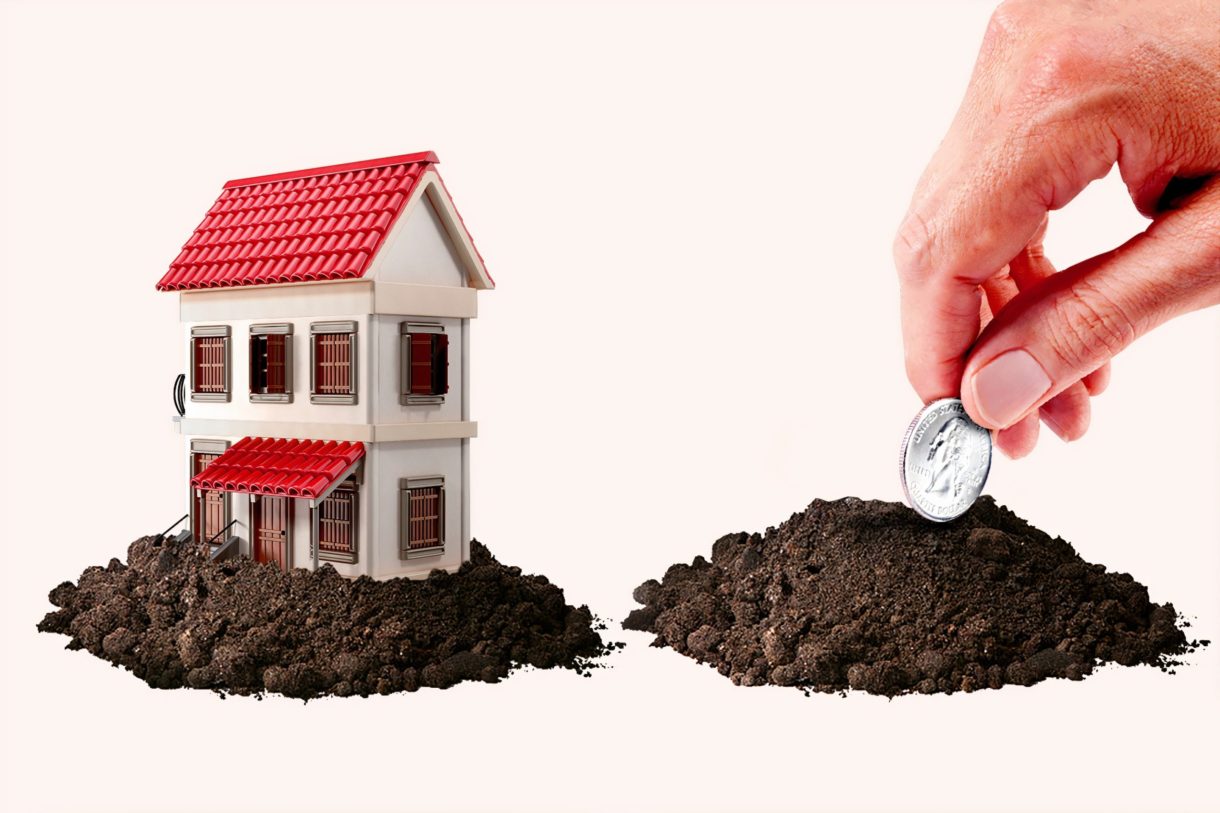Stockton is a great place to live, but if you’re ready to move forward and sell your home, you may find a housing market filled to the brim with jargon. One of the terms you may hear is “short sale,” and understanding it is key if you worry about the balance of your loan vs. the value of your home. So, in the grand scheme of things, what’s a short sale, and how does it help you sell your house?
Defining the Idea
A short sale happens when a homeowner sells their home for less than they owe on the mortgage. All of the profits from this sale go to the bank that issued the mortgage, and that bank will either agree to forgive the rest of the money or make the homeowner pay the remaining balance over time.
The Benefits
If a homeowner just wants to get rid of a house quickly, especially if they’re no longer living there and struggling to make payments, they can apply for a short sale and sell a troublesome house back to the bank. It’s an easy out, especially if you’re having money troubles.

